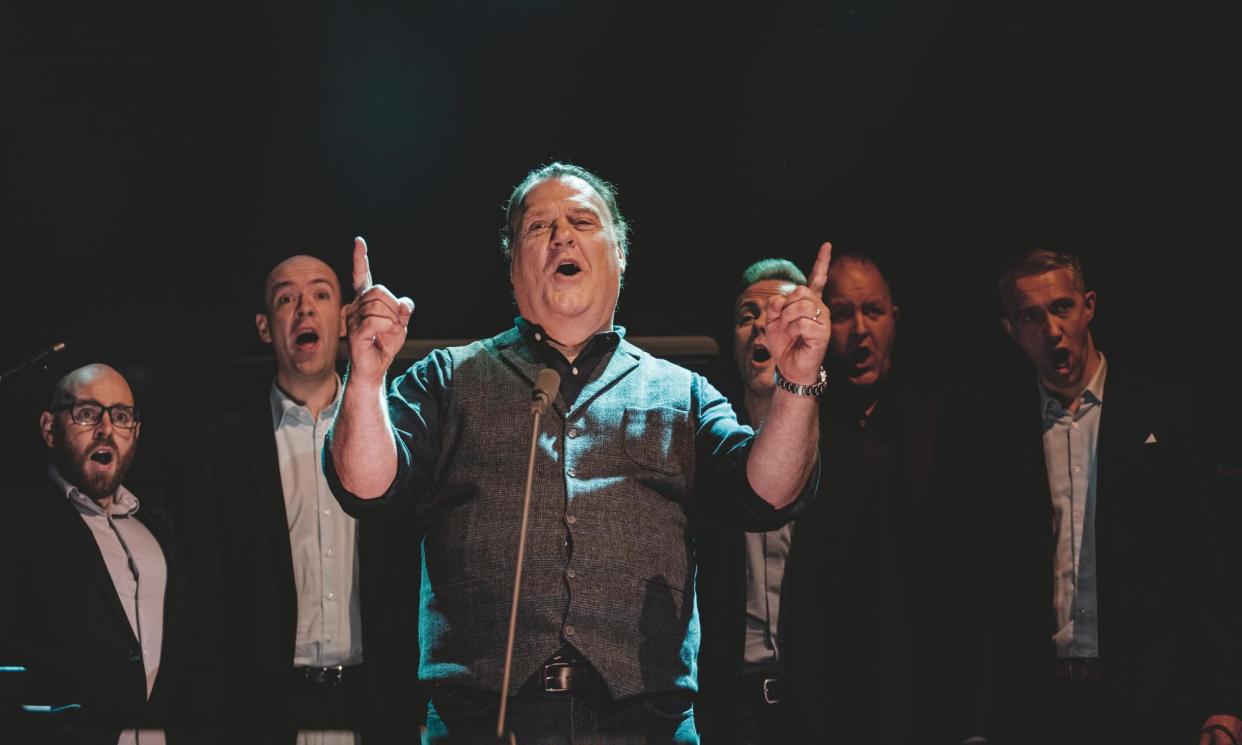Classical home listening: Bryn Terfel: Sea Songs; Anastasia Kobekina: Venice

• Never restricting himself to operatic repertoire, the Welsh bass-baritone Bryn Terfel has returned to the studio after a five-year gap with Sea Songs (Deutsche Grammophon), an array of traditional shanties, each of which Terfel sings with such powerful clarity of enunciation you feel you could take dictation, even if your grasp of the language in question (Welsh, Breton, Norn) may be sketchy. There’s a mood of friendship in his lineup of fellow musicians, who include Simon Keenlyside, Eve Goodman and Sting on vocals and the folk ensemble Calan (with acoustic guitar, fiddle, piano, accordion, harp, whistles and more).
The familiar – Drunken Sailor, The Wellerman, Sloop John B – mix with heartfelt mini dramas such as that of the ill-fated Irish Rover on its transatlantic crossing. Best of all is The Unst Boat Song, from Shetland, a mariners’ prayer for safe passage. Terfel sings it with all the beauty, and the gift of storytelling we know from his years singing Wagner’s grief-laden sailor in The Flying Dutchman.
• On Venice, her debut album for Sony, the young Russian cellist Anastasia Kobekina, with the Basel Chamber Orchestra (concertmaster/director Julia Schröder), conjures the atmosphere of La Serenissima from Claudio Monteverdi to the present. The inclusion of Gabriel Fauré, Nino Rota, György Kurtág and Brian Eno challenges any narrow baroque assumptions we may have about music of that city, while also – obligingly – fulfilling our expectations: Antonio Vivaldi is there, with movements from five concertos. So too are his immediate predecessors, Barbara Strozzi and Antonio Sartorio.
Having opened with Monteverdi’s Lamento d’Arianna, Kobekina finishes with a set of variations based on that theme, Ariadne’s Lament, by her father, Vladimir Kobekin (b.1947). The programme is singular and intimate, less about virtuosic solo cello than ensemble musicianship, and all the better for it.
• It’s a century since George Gershwin’s Rhapsody in Blue was premiered in New York (12 February 1924). In Sunday Feature: American Rhapsody, musicians including Steve Reich, Rachel Grimes, Marcus Roberts, Vijay Iyer, Marin Alsop and Allison Loggins-Hull discuss what this landmark work means to them. Radio 3, tomorrow night, 6.45pm/BBC Sounds.

 Yahoo News
Yahoo News 
